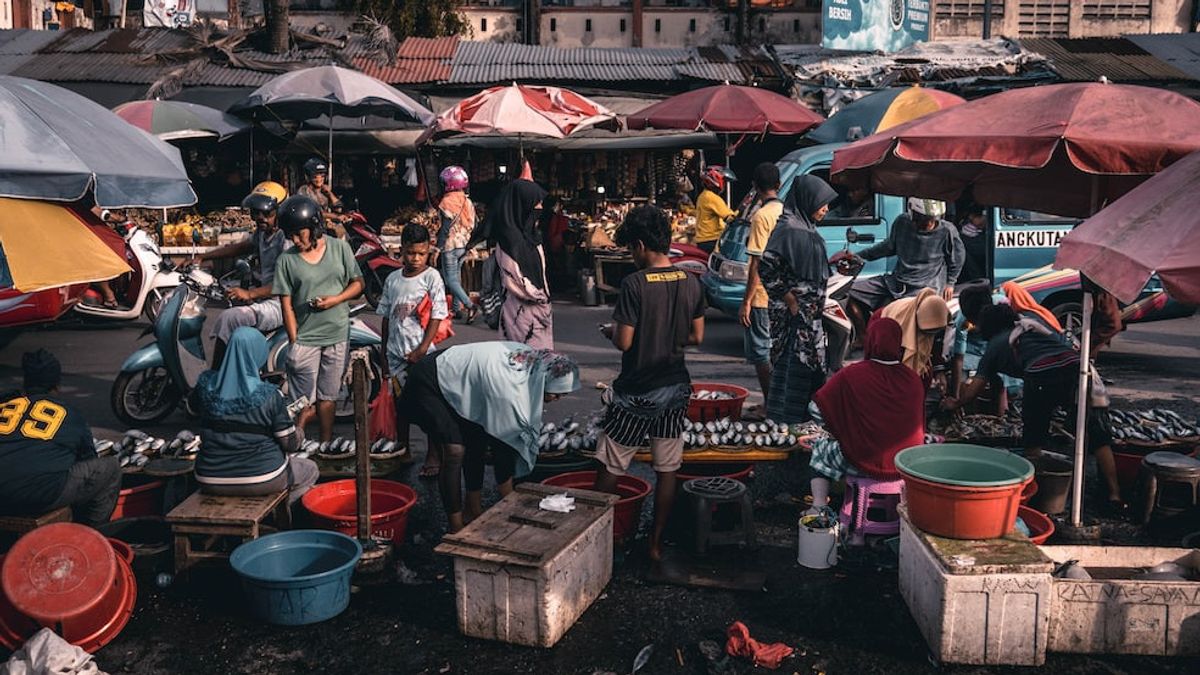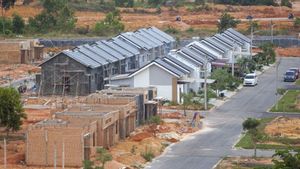Deputy Governor of Bank Indonesia (BI) Dody Budi Waluyo said mobility that could support domestic consumption would be one of the main keys to Indonesia's economic growth in 2023.
"The key is that mobility should not be disturbed, meaning we can overcome COVID-19," said Dody while on the sidelines of the IMF-WB meeting in Washington DC, USA, quoted from Antara, Saturday, October 15.
He ensures that human mobility and goods can encourage economic activity to return to normal in 2023, so that it can affect not only consumption performance, but also investment.
In addition, he continued, economic sources such as consumption and investment will also be helped by large liquidity in the banking sector which can become a new financing base.
However, Dody assessed that export performance did not grow optimally, such as in 2021 and 2022, although commodity exports were still the prima donna and there was strengthening of the downstream industry or processing of export-oriented mineral products.
"It's possible that our exports will not be as big as 2021 and 2022, but will be replaced by domestic demand," said Dody.
Previously, the latest World Economic Outlook (WEO) IMF report estimated the global economy to be in the range of 3.2 percent by 2022, and slowed to 2.7 percent in 2023, down 0.2 percent compared to the outlook in July 2022.
Although the world economy is slowing down and is in danger of a recession, the IMF estimates that Indonesia can still grow in the range of five percent in 2023 or a slight decline from 5.3 percent in 2022.
This projection is also in line with the BI outlook which estimates that Indonesia's economic growth in 2023 will be at the target of 4.6-5.3 percent.
The English, Chinese, Japanese, Arabic, and French versions are automatically generated by the AI. So there may still be inaccuracies in translating, please always see Indonesian as our main language. (system supported by DigitalSiber.id)
Most Popular Tags
#Prabowo Subianto #New Year #pdip #Hasto Kristiyanto #nataru #NatalPopular
27 Desember 2024, 01:20
27 Desember 2024, 00:10
27 Desember 2024, 07:07













